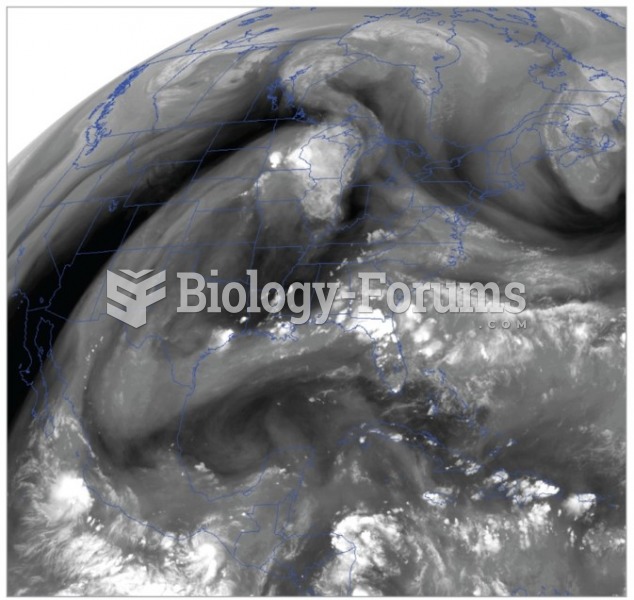Answer to Question 1
Erosion is the process of soil and humus particles being picked up and carried away by water or wind. When soil is left bare and unprotected, however, it is easily eroded. Water erosion starts with what is called splash erosion, as the impact of falling raindrops breaks up the clumpy structure of the topsoil. The dislodged particles wash into spaces between other aggregates, clogging the pores and thereby decreasing infiltration and aeration. The decreased infiltration results in more water running off and carrying away the fine particles from the surface, a phenomenon called sheet erosion. As further runoff occurs, the water converges into rivulets and streams, which have greater volume, velocity, and energy, and hence greater capacity to pick up and remove soil. The result is the erosion of gullies, or gully erosion. Wind is able to pick up and carry away soil and humus particles from bare soil. Wind erosion will remove the finer particles from soil, leaving the larger grains and stones. The remaining soil becomes progressively coarser: sandy, stony, and, finally, rocky. Such coarse soils frequently reflect past or ongoing erosion.
Answer to Question 2
Garbage can end up in oceans because of improper disposal. Garbage works its way into the sewer system and then eventually out to standing water. The first international agreement on direct dumping into the oceansthe 1972 London Convention on the Prevention of Marine Pollution by Dumping of Wastes and Other Matterfocused on substances harmful to humans or sea life. In 1987, the U.S. Congress passed the Marine Plastic Pollution Research and Control Act (MPPRCA). About 20 of the MSW in oceans comes from ocean shipping. The MARPOL Convention (originated in 1973) is the main international convention for the prevention of pollution from ships.







